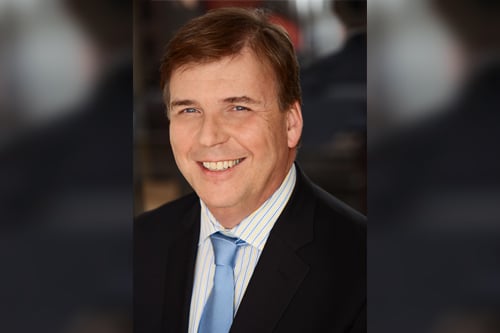A recent survey made a discovery that could be worrying for certain Canadian advisors

A recent survey by Natixis Global Asset Management Canada made a discovery that could be worrying for certain Canadian advisors: according to the survey, just 29% of Canadian investors are happy with what their advisor is currently doing.
The survey, which questioned 300 Canadian investors with a minimum of $100,000 in investable assets, found that 36% of respondents want their advisors to provide a clearer explanation of fees, 32% want to be offered investments that reflect their personal values, 25% want help with tax issues, and 31% simply want their advisors to listen more.
“Like any relationship, individuals always think things could be improved, and advisors probably think in a similar way,” says Dave Goodsell, Executive Director of the Natixis Durable Portfolio Construction Research Center. “Most advisors are probably thinking: ‘what can I do better for my clients?’”
Although there is a lot advisors can improve on, according to the survey, the findings were not a total condemnation. When investors were asked who they trust most when making financial decisions, advisors came out overwhelmingly on top. “In most countries, surveys tend to find that investors trust themselves first and their advisors second,” Goodsell says. “But, in Canada, 93% trust advisors first while 88% trust themselves.”
Unsurprisingly, how fees are structured and calculated is an issue that is top of mind for Canadian investors. In fact, when selecting a financial advisor, fees were the most important factor for the survey’s respondents. 50% were most concerned with how much they pay for advice, 47% looked for a referral from friends or family, 43% were attracted by an advisor’s qualifications, while 39% considered the size and reputation of the firm as the most important factor.
“As well as taking the time to clearly explain what their fees are, advisors should also explain what their value is; what is it that that fee buys,” Goodsell says.
Goodsell believes that advisors should be making an effort to understand the different way in which investors and advisors perceive important financial decisions.
“As professionals, we talk about risk in terms of Sharpe ratios, currency risk, and interest rate risk, but investors think of it in much simpler terms, they see it as the threat of losing money,” Goodsell says.
“To build relationships, advisors need to have conversations around what each decision is going to mean. It’s not just about describing what an investment is and does, but talking about why it is in a portfolio and what can be accomplished by owning it. Education is the best tool an advisor has for strengthening relationships.”
Related stories:
Advisors, here's why you must become leaders
How to help clients leave a meaningful legacy



